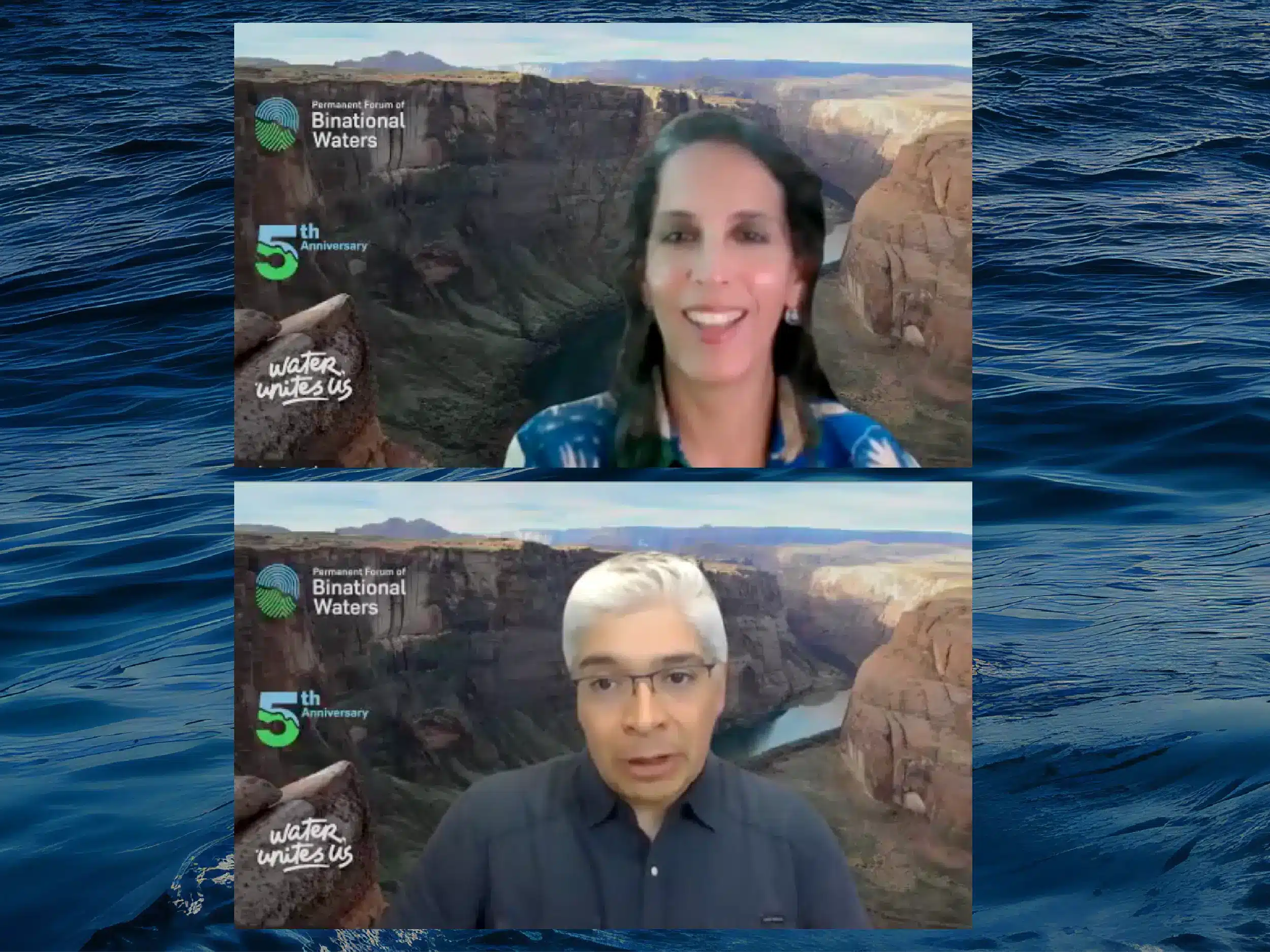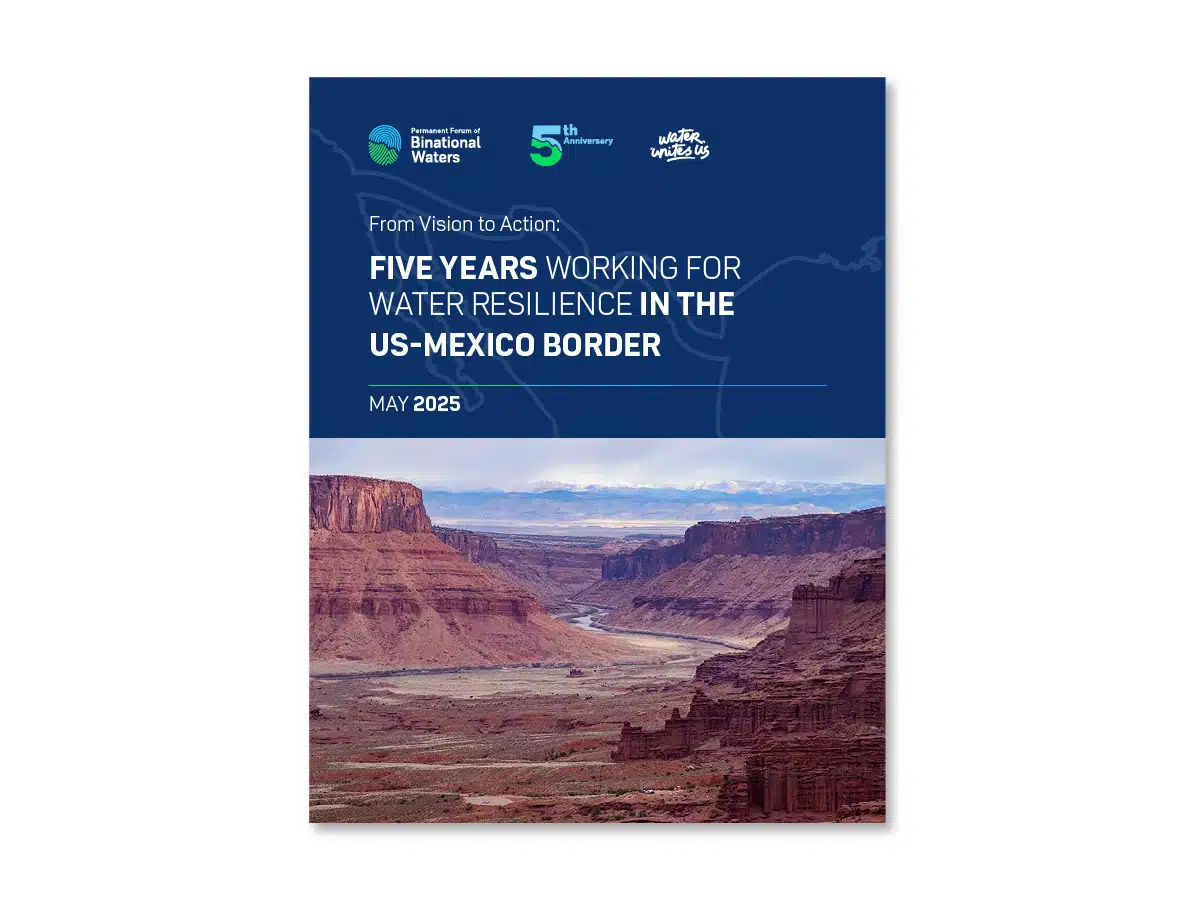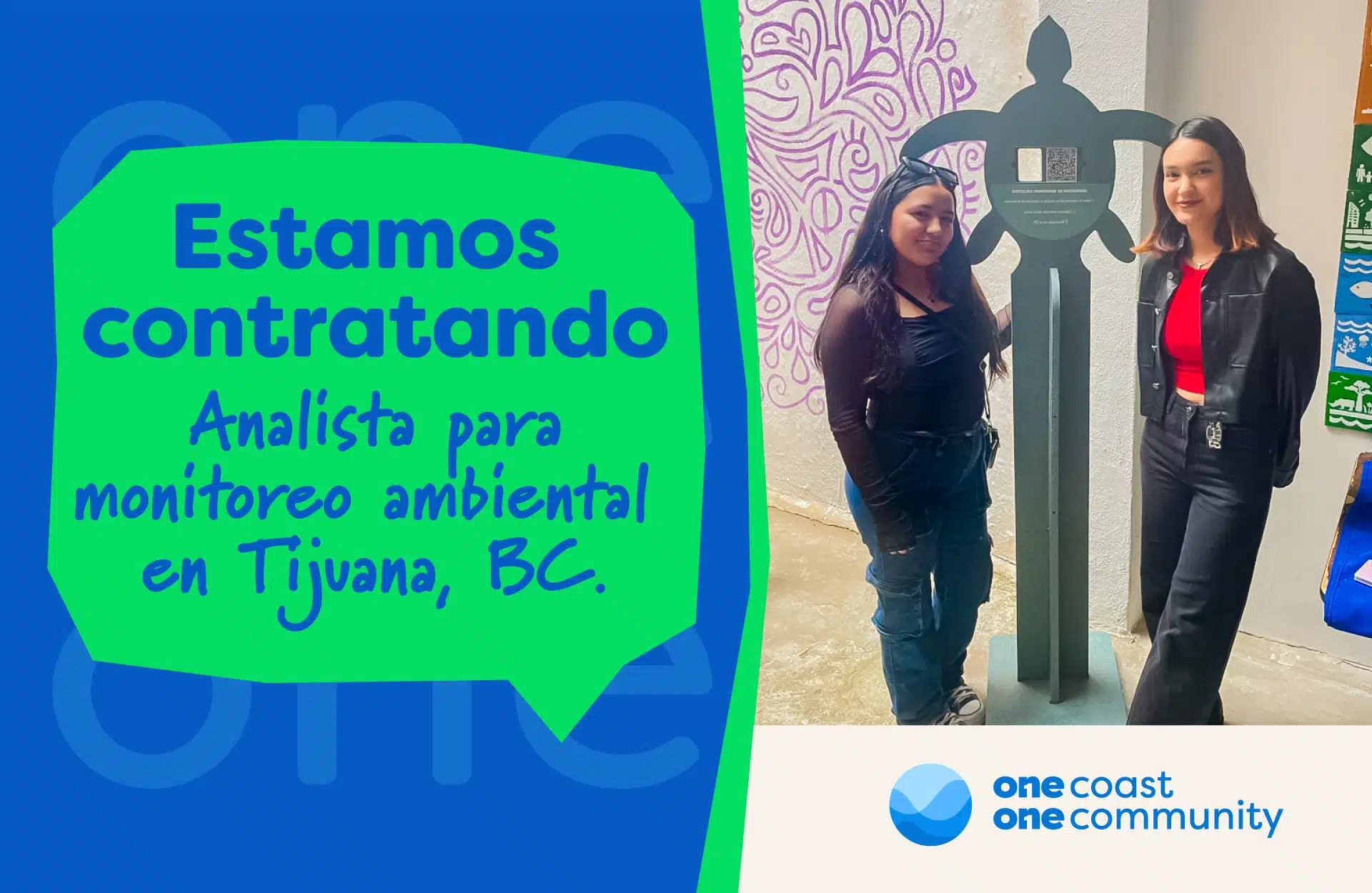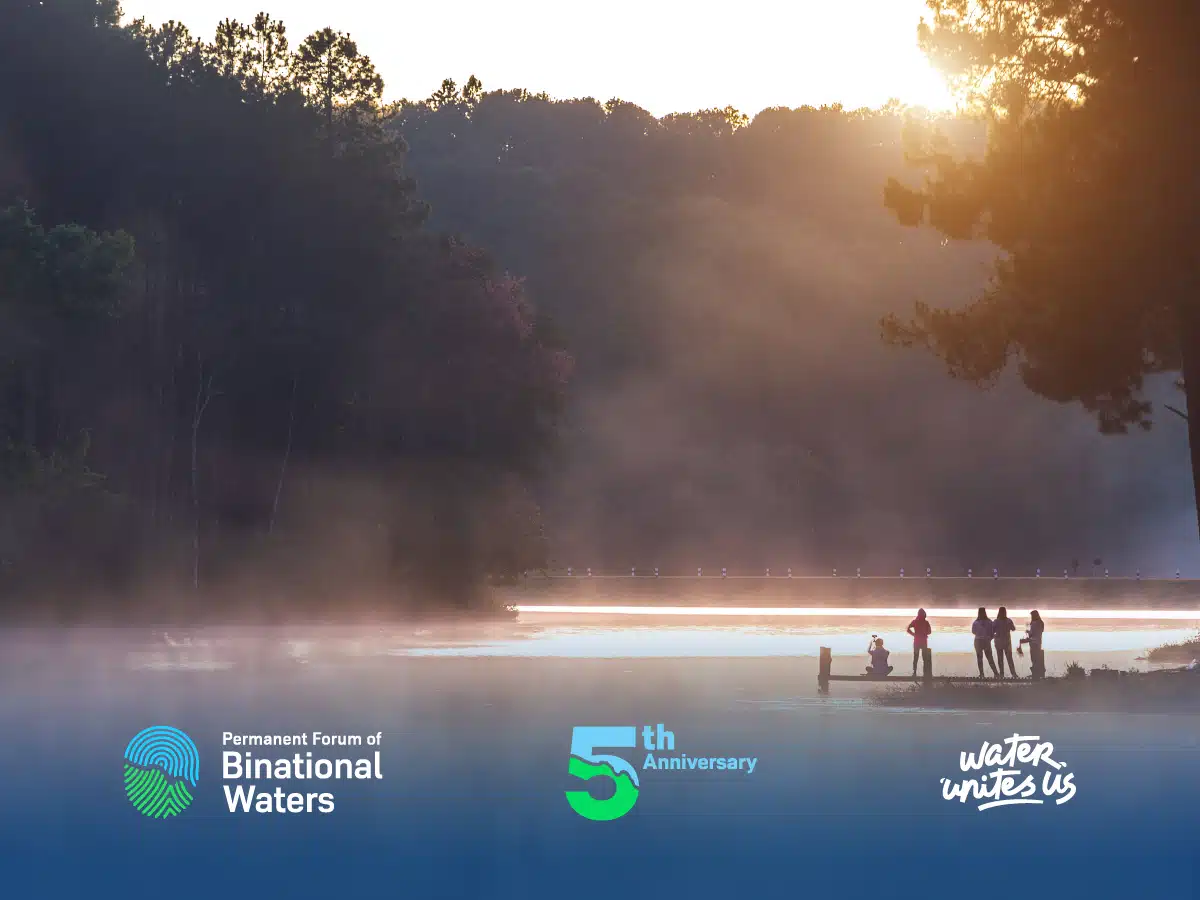The 21st century sees the U.S.-Mexico borderlands facing an emerging array of water- resources management challenges. These challenges range from the increasing demand of water due to urbanization, industrialization, and agricultural expansion. This growing demand strains the capacity of limited water supplies to deal with a host of social, legal, and environmental issues threatening surface and groundwater quality and security. Droughts across the region, already decades-long, are likely to continue and intensify, and constrain even further the ability of the parties to meet water delivery obligations in the Colorado and Rio Grande rivers (Coronado et al. 2021, Renteria et al. 2022).
An required collaboration on transboundary waters
The need to regulate groundwater between Mexico and the United States requires information and research. The Transboundary Aquifer Pilot Program of the Allende-Piedras Negras aquifer offers an alternative and an opportunity to improve our shared groundwater.










Responses